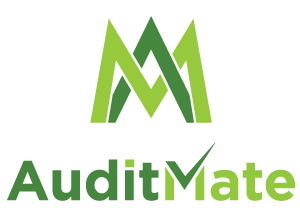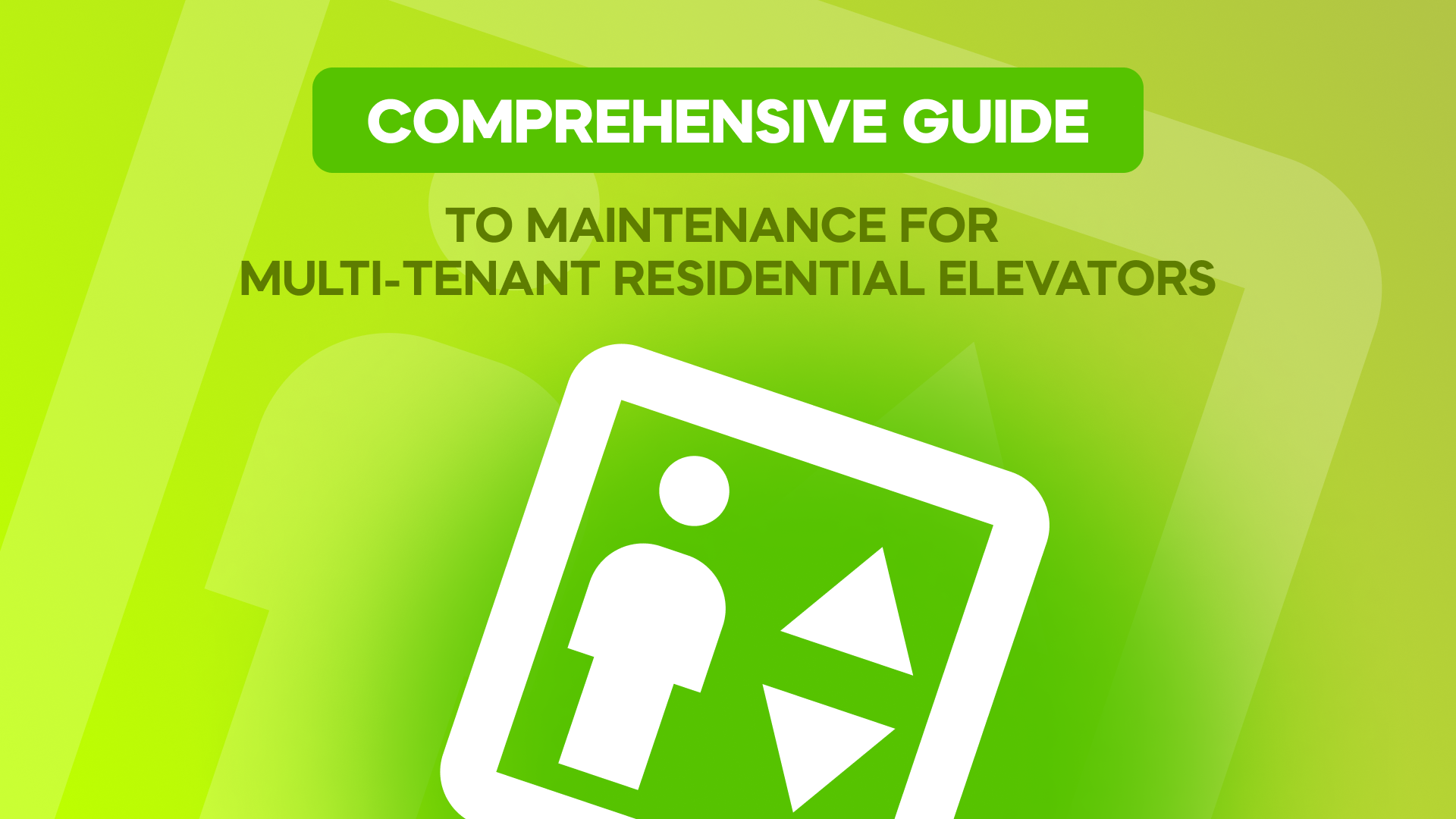Comprehensive Guide to Maintenance for Multi-Tenant Residential Elevators
Elevators are critical infrastructure in multi-tenant residential buildings, enabling mobility for residents across floors. With heavy daily traffic from many users, components wear, misuse, vandalism, shutdowns, and door strikes are more common than in non residential elevators. Diligent maintenance and thoughtful contract terms are essential to keeping these high-use assets running smoothly and safely. This guide explores factors owners and managers should consider when maintaining shared residential elevators.
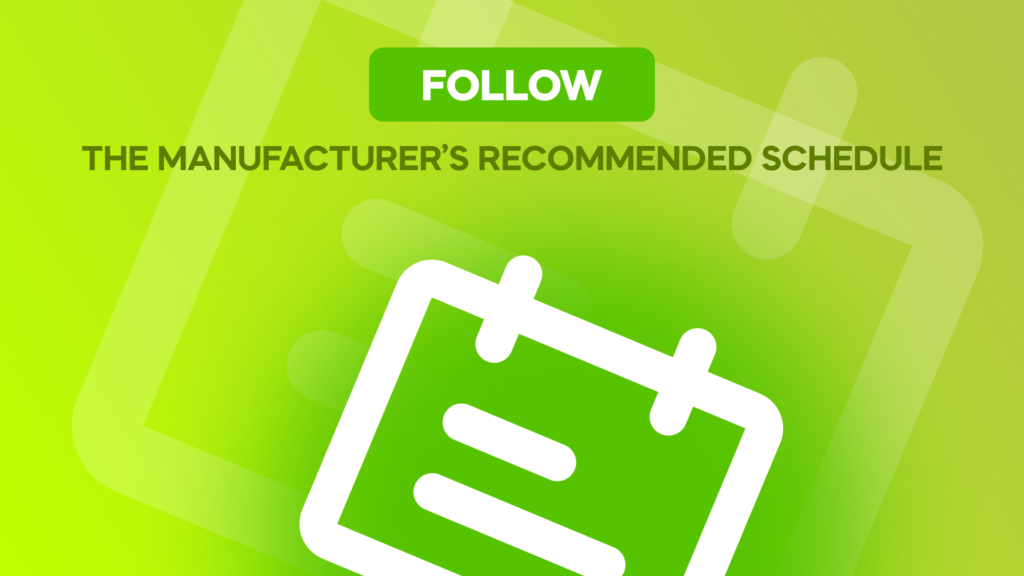
Follow the Manufacturer’s Recommended Schedule | AuditMate
Follow the Manufacturer’s Recommended Schedule
Each elevator model has maintenance specifications from the manufacturer. Strictly following their schedule is important to meet warranty requirements, comply with codes, and ensure no critical tasks are overlooked. AuditMate’s maintenance software tracks compliance and provides reminders when servicing is due based on run cycles and time intervals.
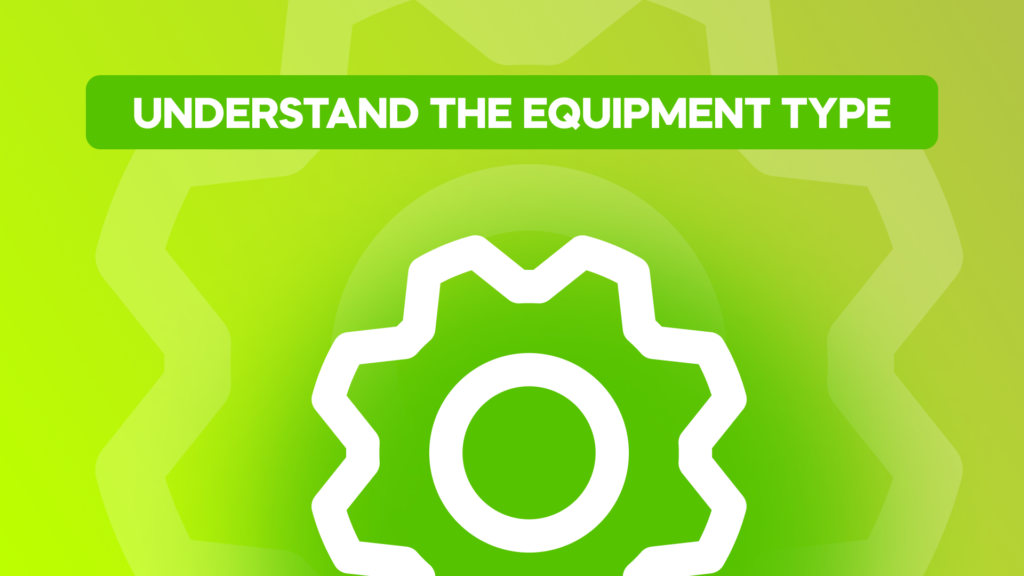
Understand the Equipment Type | AuditMate
Understand the Equipment Type
Many multi-tenant residential buildings have hydraulic elevators due to their lower cost, smaller footprint, and ease of installation compared to traction models. However, some upscale complexes opt for traction elevators with higher load capacities and faster speeds. Each system requires tailored maintenance. AuditMate’s team of Care professionals can help property managers increase their elevator uptime and reduce callbacks. In addition, we can hold the elevator companies to a high standard, so they do their part.
Elevator Tips for Property Managers:
- Property Managers should have their cleaning staff consistently vacuum the elevator door sills of any debris.
Debris buildup will prevent the doors from closing, causing a shutdown. Service calls for debris in the door sill are often not covered under an elevator maintenance contract. - Property Managers can provide independent service keys to tenants that are moving in.
This will ensure the elevator doors do not close when tenants are moving furniture through the doors. It will also prevent tenants from holding the doors open. Both of these scenarios can cause costly shutdowns that are not covered under most service agreements. - Property managers can have tenant move-ins occur after 10AM.
Hydraulic elevators can be susceptible to overheating. Most buildings have the most elevator trips in the morning when people are leaving for work. By scheduling movins during non-busy times, buildings can reduce the chance of overheating shutdowns.
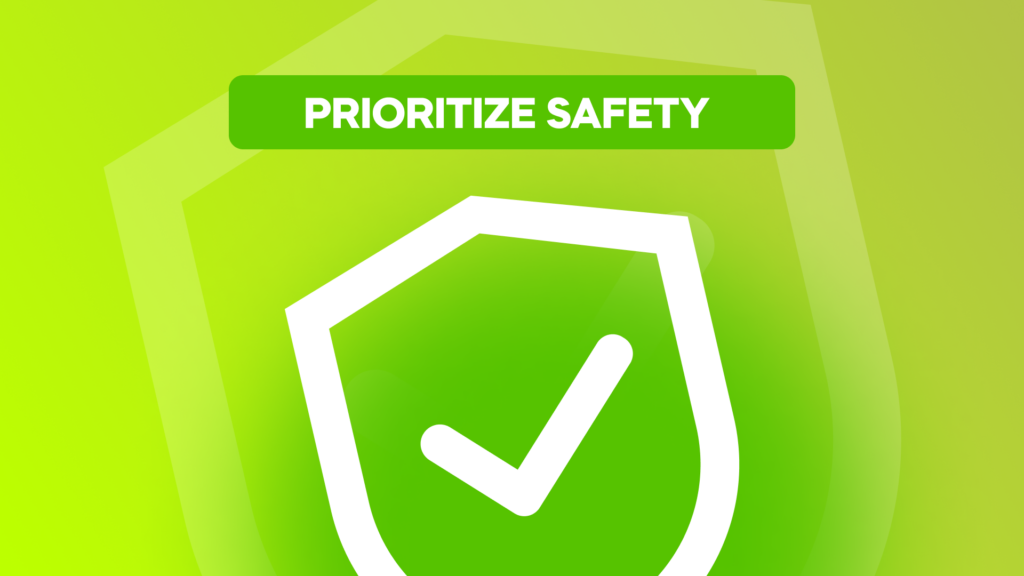
Prioritize Safety | AuditMate
Prioritize Safety
In shared living spaces, safety is paramount. All braking mechanisms, lighting, alarm systems, doors, emergency phones, and other safety components should be rigorously tested at each visit per the manufacturer’s and local code specifications. Listen for any odd sounds or movements and request immediate service. Safety issues will only deteriorate if neglected over time.
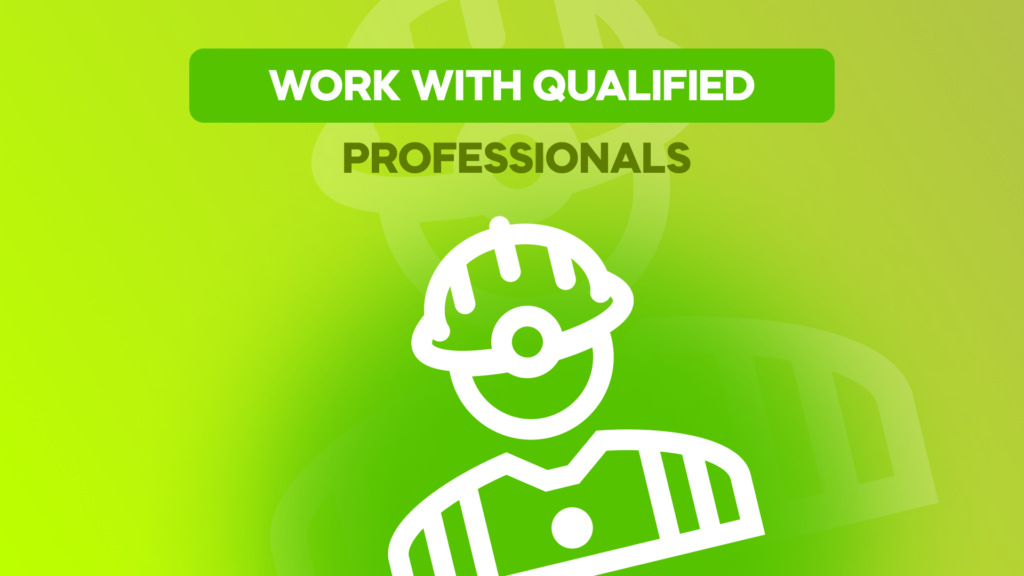
Work with Qualified Professionals | AuditMate
Work with Qualified Professionals
Maintenance requires extensive technical qualifications, certifications, tools, and access equipment. Only veteran technicians have the expertise to properly service and repair complex elevator systems. AuditMate evaluates vendor performance to ensure your building only has experienced technicians to handle routine maintenance, repairs, and rapid response emergency calls whenever needed. DIY elevator repairs are illegal and can lead to huge fines with local state code enforcement.
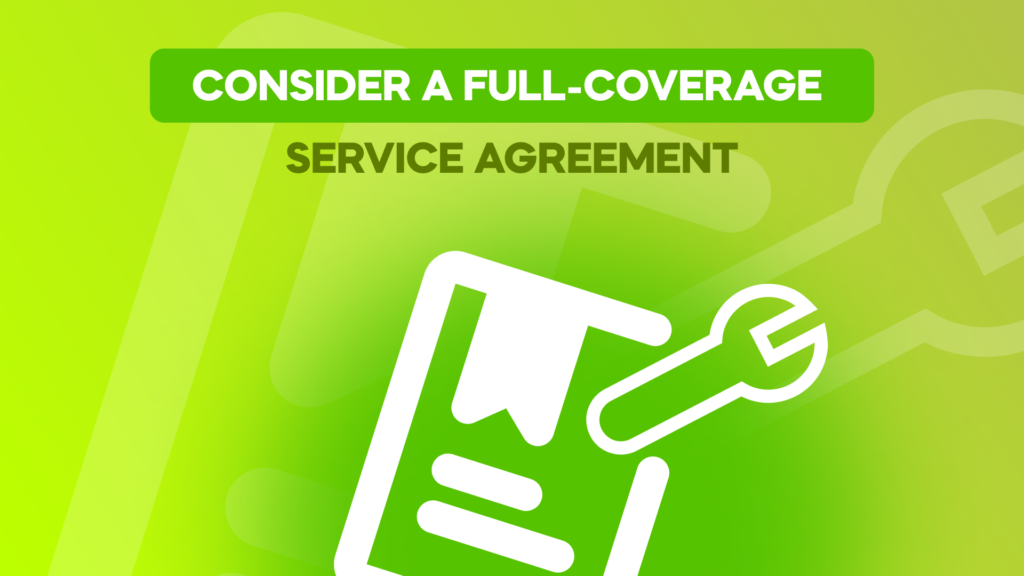
Consider a Full-Coverage Service Agreement | AuditMate
Consider a Full-Coverage Service Agreement
Rather than one-off appointments, a comprehensive annual service agreement can maximize convenience and cost savings. Auditmate specializes in helping buildings establish building friendly maintenance contracts called SAFE Contracts. Auditmate will create a custom contract that addresses the needs of your specific building.This service also includes collecting the bids from various companies and providing understanding bid results to the property manager.
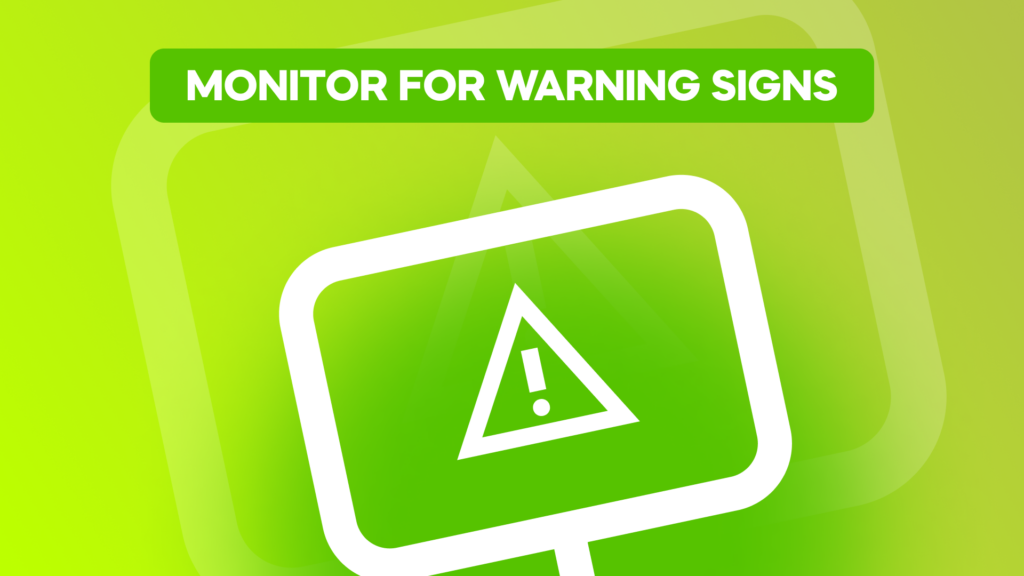
Monitor for Warning Signs | AuditMate
Monitor for Warning Signs
Watch for odd noises, uneven wear, leveling issues, malfunctioning doors or lights, and any jerky or erratic movements. The AuditMate mobile app allows immediate submitting service requests with video/photos so technicians can be dispatched promptly. Catching problems early prevents more extensive repairs down the road.
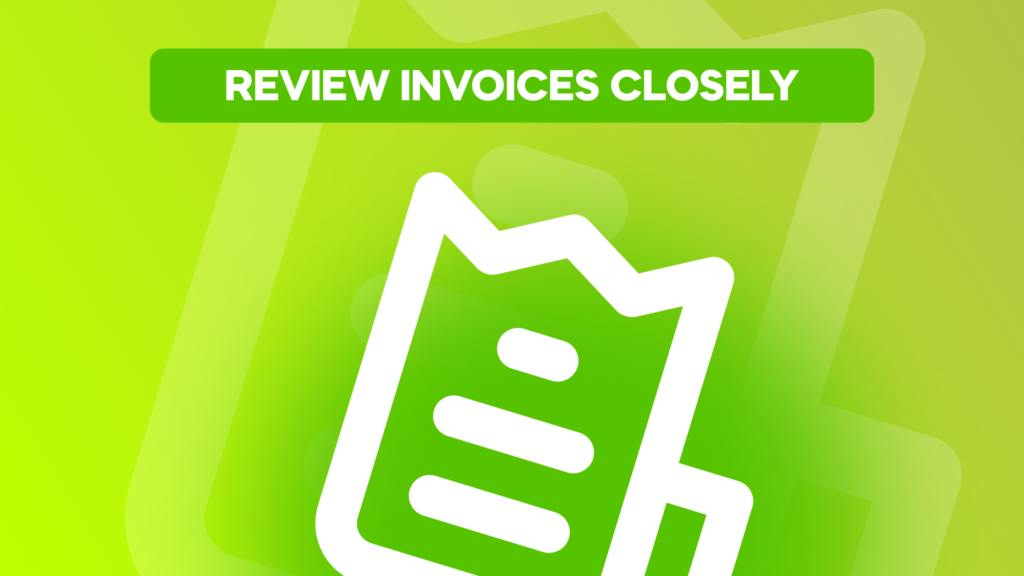
Review Invoices Closely | AuditMate
Review Invoices Closely
Carefully verify all maintenance and repair invoices match the work order details to ensure accurate billing. AuditMate compares invoices to your elevator contract to validate if the proposals are actually billable. We confirm actual parts used and labor performed, flagging any discrepancies for correction to prevent overpayment errors or fraud.
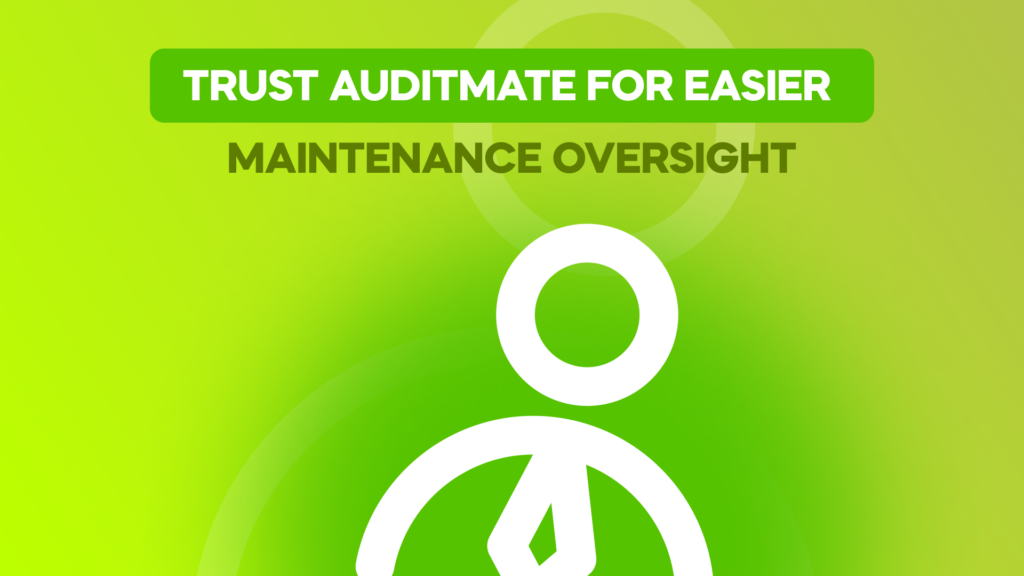
Trust AuditMate for Easier Maintenance Oversight
Trust AuditMate for Easier Maintenance Oversight
AuditMate’s elevator maintenance software centralizes compliance tracking, inventory, work order management, and data-driven analytics to simplify operations and oversight. Sign up today for a customized demo showcasing features for multi-tenant residential buildings.
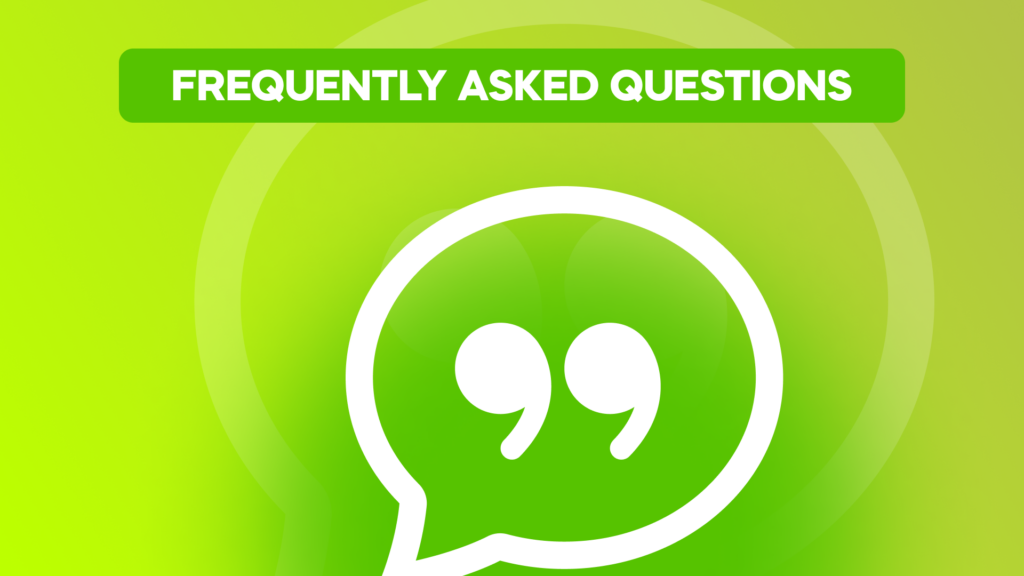
Frequently Asked Questions | AuditMate
Frequently Asked Questions
How often should routine maintenance be scheduled?
Follow the manufacturer’s recommendations, usually every 3-6 months for high-traffic residential elevators. AuditMate reminds when service is due based on run cycles.
What are signs there may be a problem?
Listen for odd noises or feel vibrations. Look for uneven wear, debris in tracks, and stuck doors. Notice lights flickering, leveling issues, and jerky movements. Request service immediately if anything seems wrong.
Is in-house maintenance staff recommended?
For large properties, dedicated in-house maintenance teams are ideal for specialized equipment knowledge and rapid response. Multi-site managers often outsource to local companies.
What should be covered in a maintenance agreement?
Look for routine visits, emergency response, discounted parts/labor, guaranteed response times, periodic upgrades, staff training, record keeping, and data-driven analytics like AuditMate offers.
How can invoices be verified for accuracy?
AuditMate compares parts used and labor performed to the invoice to identify discrepancies before payment. This prevents overbilling errors and motivates quality work.
What safety tasks are most important?
Testing emergency brakes, doors, alarms, lighting, sensors, emergency phones, ventilation and structural components should be prioritized according to codes. Safety is paramount.
